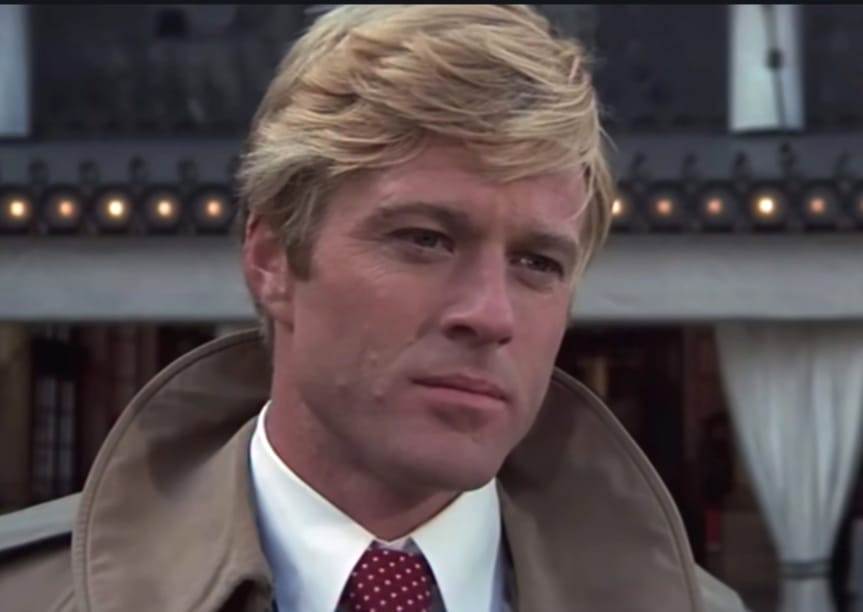
Famous for having one of Hollywood’s handsomest faces, Robert Redford could have remained an icon for his mainstream films alone; but the actor, who died at 89 on Tuesday, was also a pioneer of original storytelling and independent cinema, and that is what makes him a legend.
US President Donald Trump, against whom Robert Redford had spoken out — “Instead of a moral compass in the Oval Office, there’s a moral vacuum,” Redford wrote during the first Trump presidency — acknowledged the actor’s contribution to cinema and his legendary stature.
Addressing a media briefing, Trump said in a brief statement, “Robert Redford was great. He had a series of years where there was nobody better.”
Redford’s best-known films — the classic Butch Cassidy and the Sundance Kid; the sweeping and grand Out of Africa; the glamorous The Great Gatsby; the political thriller All the President’s Men; the sizzling desire drama Indecent Proposal; and more recently, the blockbuster Avengers: Endgame — let audiences see the superstar. Quieter and more nuanced films such as The Horse Whisperer and An Unfinished Life had Redford blending in with an all-American landscape and bringing rarely explored emotions to life.
Aside from his extraordinary body of work, the late actor’s greatest gift to cinema is, perhaps, the Sundance Film Festival, named after the role that fit him like second skin. Keen on supporting independent (“indie”) cinema, the festival is organised by Redford’s Sundance Institute. The institute describes itself as being “dedicated to fostering new voices in American storytelling and championing independent stories for the screen”.
A believer in always doing more and in doing different things, Redford shared his advice with cinema aspirants in one of his final interviews — given to Orion magazine in November 2024.
“I would say, start by getting involved. Don’t take it lightly and move on to the next thing and the next thing and the next thing,” advised Redford.
This movement should be well thought out. The actor-filmmaker told the aspiring newcomers to find projects they could commit to. “Stop long enough to have something sink in with you, so you feel connected to it. That will give you the energy to stick with it long enough to make change.”
As a lesson in resilience in the face of rejection, Redford said in that interview, “I am reminded of TS Eliot’s quote, ‘For us, there is only the trying. The rest is not our business.’” The statement is strikingly similar to the ancient Indian philosophy of doing what one ought to do without chasing the fruits of that labour.
Though he spoke of steady endeavour without obsession over success or failure, Redford did not hide his sense of urgency when it came to huge issues like American politics and climate change.
In an interview with the United Nations given 10 years ago, Redford warned: “Years ago, there used to be a saying, they called it ‘NIMBY’, which is an abbreviation for ‘Not in my backyard’. People would not get interested or focus on anything, particularly if it was a danger, unless it was in their backyard. It was somebody else’s problem; therefore, they didn’t have to think about it, or worry about it, or address it. But now climate change is in everybody’s backyard. It’s going to affect every country, every nation, every person. There’s been so much damage done over the years to the planet that if we don’t act sooner rather than later, I don’t know what kind of planet we’re going to have to live on.”


